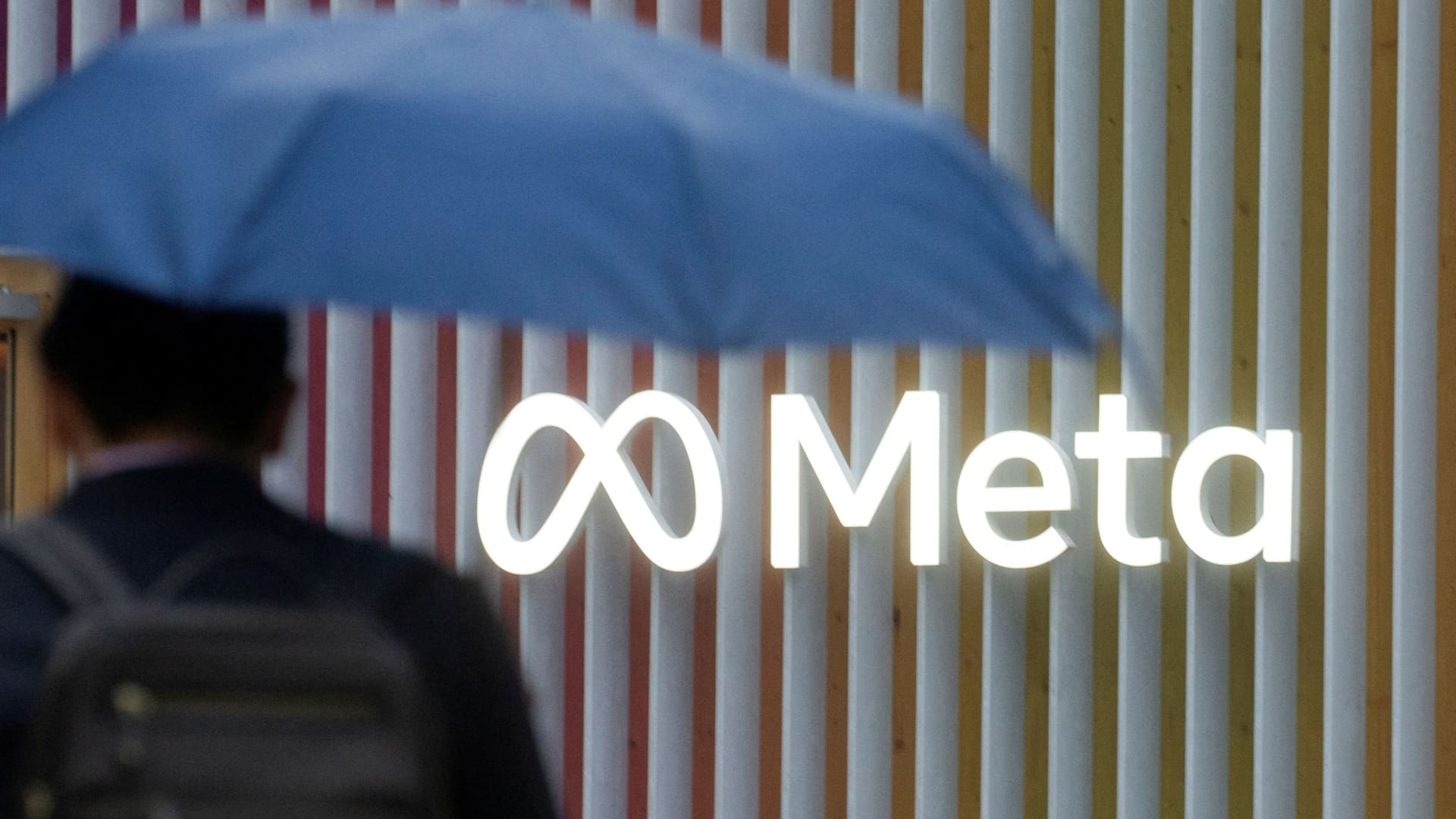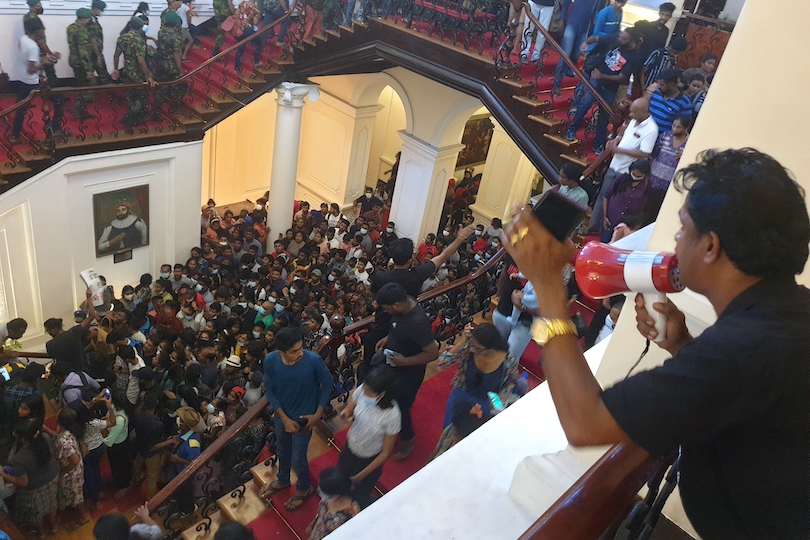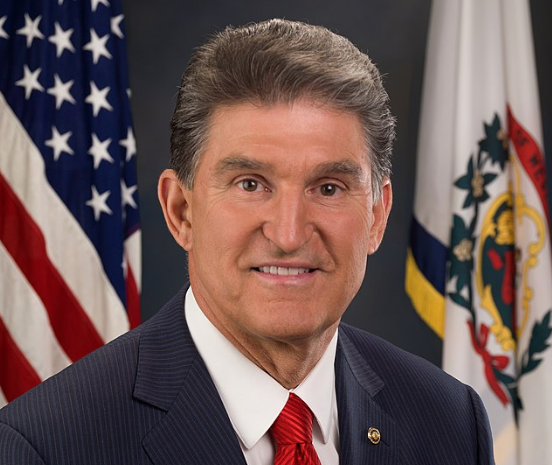Stay informed with free updates
Simply sign up to the Global Economy myFT Digest — delivered directly to your inbox.
This article is an on-site version of our FirstFT newsletter. Sign up to our Asia, Europe/Africa or Americas edition to get it sent straight to your inbox every weekday morning
Good morning. We start today with more trouble at Evergrande, the world’s most indebted property group.
China has detained an executive of Evergrande’s electric vehicle unit, threatening to further complicate the outlook for the property group’s restructuring.
Liu Yongzhuo, an executive director of China Evergrande New Energy Vehicle Group, was detained yesterday over “suspicion of illegal crimes”, the company said in a filing to the Hong Kong stock exchange.
The disclosure of Liu’s detention comes as Evergrande is due to face a hearing in a Hong Kong court over demands from offshore bond holders to wind up the company on January 29. Analysts said the detention of the EV executive has added to Evergrande’s challenges.
And here’s what else I’m keeping tabs on today:
Reports: The World Bank’s Global Economic Prospects report is published.
Economic data: The EU reports its November unemployment rate, while Germany releases industrial production figures for the same month.
Bhutan: The Himalayan nation holds parliamentary elections.
How can liberal democracies meet the challenge of mass migration? Join FT journalists Martin Wolf and Alec Russell, as well as expert guests, on January 24 at 21:00 HKT for a webinar exclusively for FT subscribers. Put your questions to our panel here and register for free here.
Five more top stories
1. Shares in Boeing and supplier Spirit AeroSystems both tumbled yesterday as investors weighed up the financial fallout from last week’s mid-flight accident on an Alaska Airlines aircraft. US investigators announced on Sunday that they had located the door that blew out of the Boeing 737 Max during the flight. The incident prompted an emergency landing and the grounding of some aircraft.
2. Beijing is acting quickly to ease fears of another regulatory crackdown on China’s video game industry, including firing a prominent official and convening consultations on new measures at short notice. The release of proposed regulations last month sparked an $80bn stock market sell-off and led to widespread criticism of the government’s handling of the situation.
3. French Prime Minister Élisabeth Borne resigned yesterday ahead of an expected government reshuffle by President Emmanuel Macron. The overhaul comes as Macron seeks to inject new energy into the government ahead of European elections in June and the Olympic Games in Paris starting in July. French media reports said Gabriel Attal, Macron’s young and popular education minister, was likely to be named as the new premier.
4. South Korea’s financial authorities have widened their investigation into banks and brokerages over the possible mis-selling of so-called exotic notes linked to Hong Kong-listed Chinese stocks. The move follows complaints from retail investors fearing heavy losses from the high-risk securities. Read more about the investigation.
5. US golf star Tiger Woods is leaving Nike after 27 years, ending one of the most transformative endorsement contracts in modern sport. Nike’s contract with Woods, said to be worth $500mn over its lifetime, was reportedly set to expire at the end of 2023. Here’s how Woods helped Nike transcend its reputation as a maker of running and basketball shoes.
Interview
For seven weeks, Wichian Temthong, a 37-year-old Thai national, was held in tunnels by Hamas with three young Israeli men, after being kidnapped from a kibbutz where he was a migrant worker. Wichian was released in November, but his three fellow hostages were later killed by Israeli soldiers who mistook them for a threat. Speaking to the FT, Wichian described his ordeal as a Gaza captive.
We’re also reading . . .
Chart of the day
Electric vehicle exports from China to Europe have been held up by a shortage of ships that has pushed up shipping prices to record levels. Here’s why the auto industry is “playing catch-up” amid growing demand.

Take a break from the news
Can schedule send save us from out-of-hours emails? As the boundaries between work and leisure time become more porous, timing messages can aid flexible work while protecting colleagues’ free time. But some fear it can hide bigger workload issues, Bethan Staton reports.

Additional contributions from Tee Zhuo and Gordon Smith
Recommended newsletters for you
Working It — Everything you need to get ahead at work, in your inbox every Wednesday. Sign up here
One Must-Read — The one piece of journalism you should read today. Sign up here
















